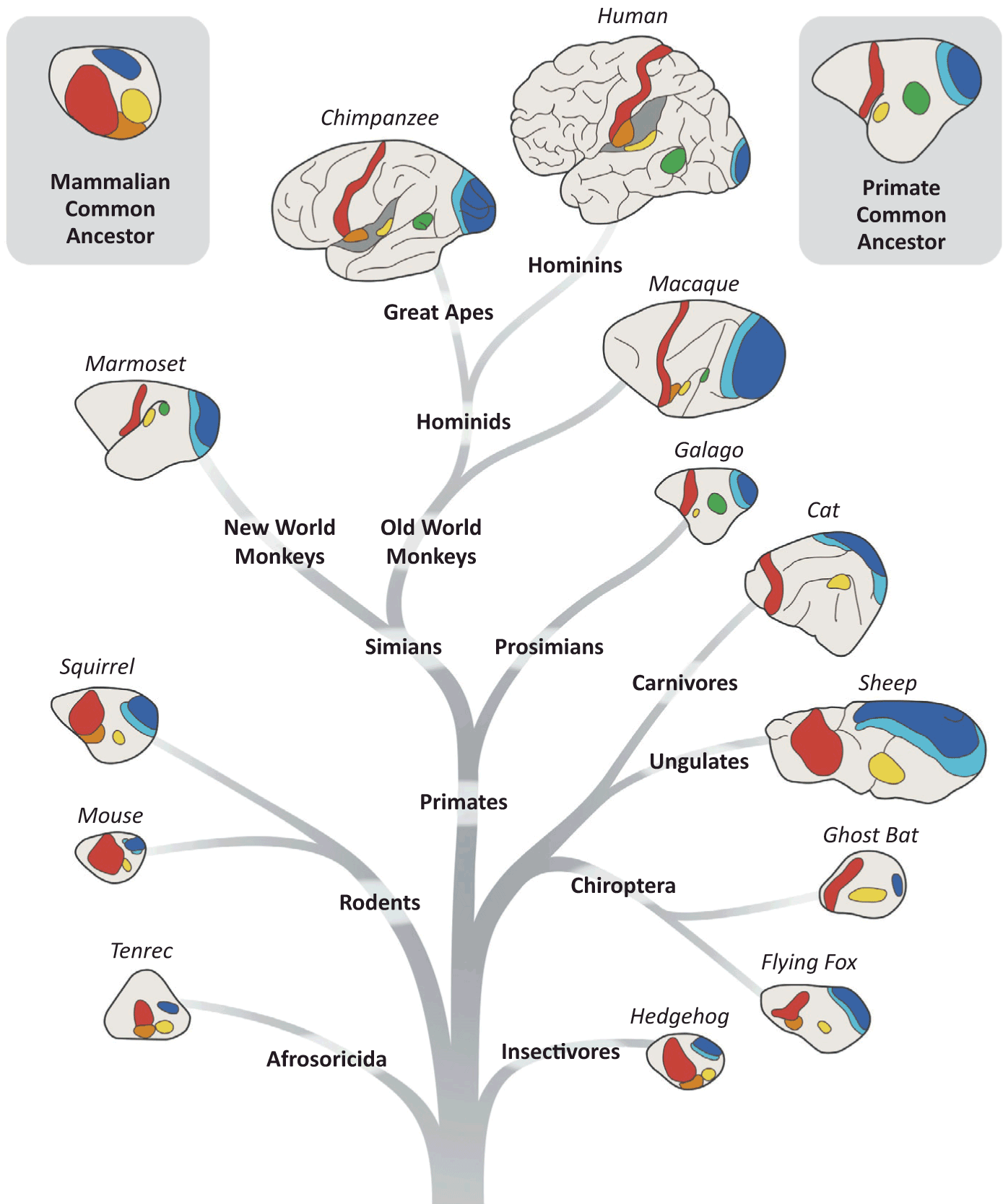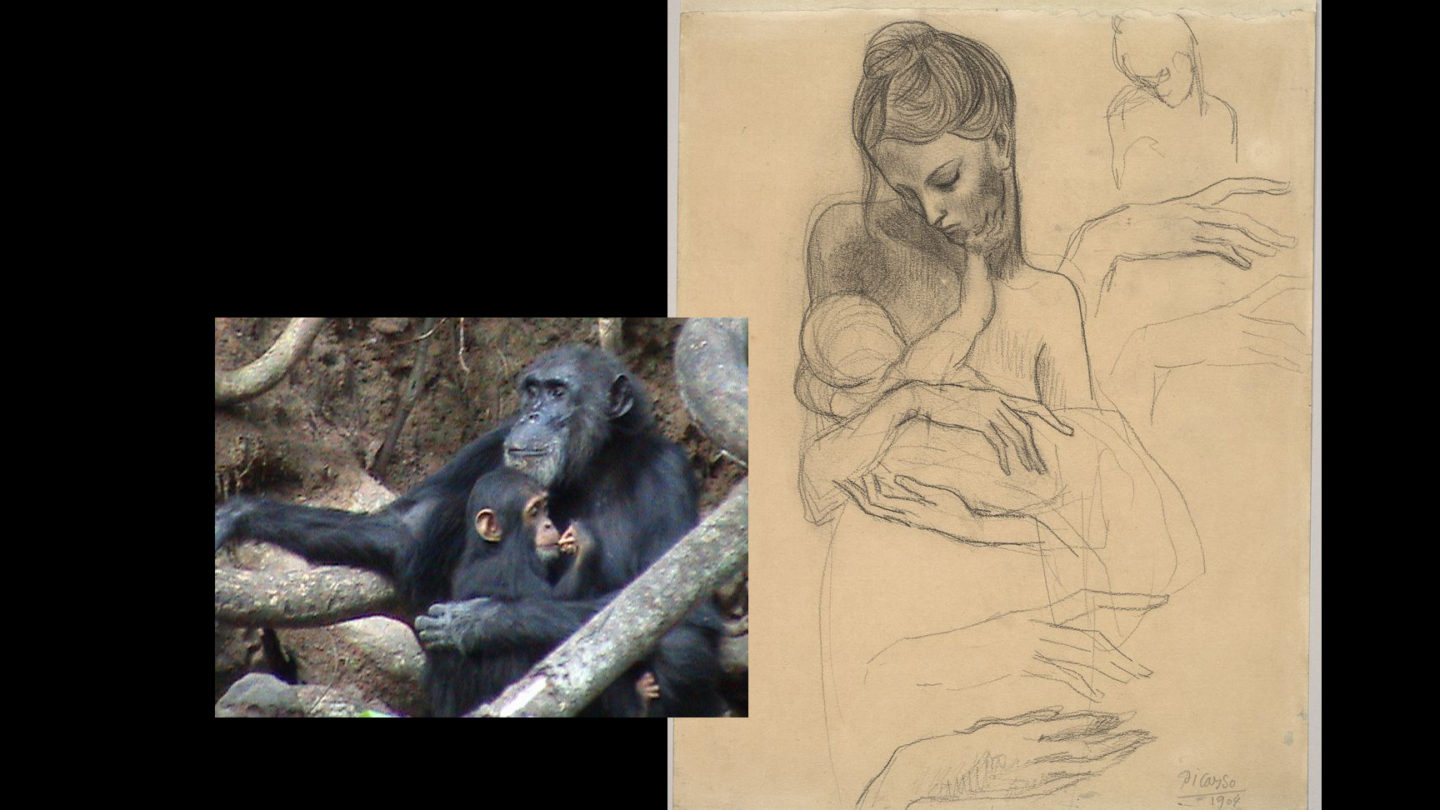CFP: Origins of Logical Reasoning
Call for Papers/Abstracts Workshop: Origins of Logical Reasoning York University, Toronto May 5–6, 2016 TOPIC The ability to reason logically is central to most philosophical conceptions of human thought. But are humans the only ones capable of logical reasoning? What are the phylogenetic and ontogenetic origins of logical reasoning? And …






